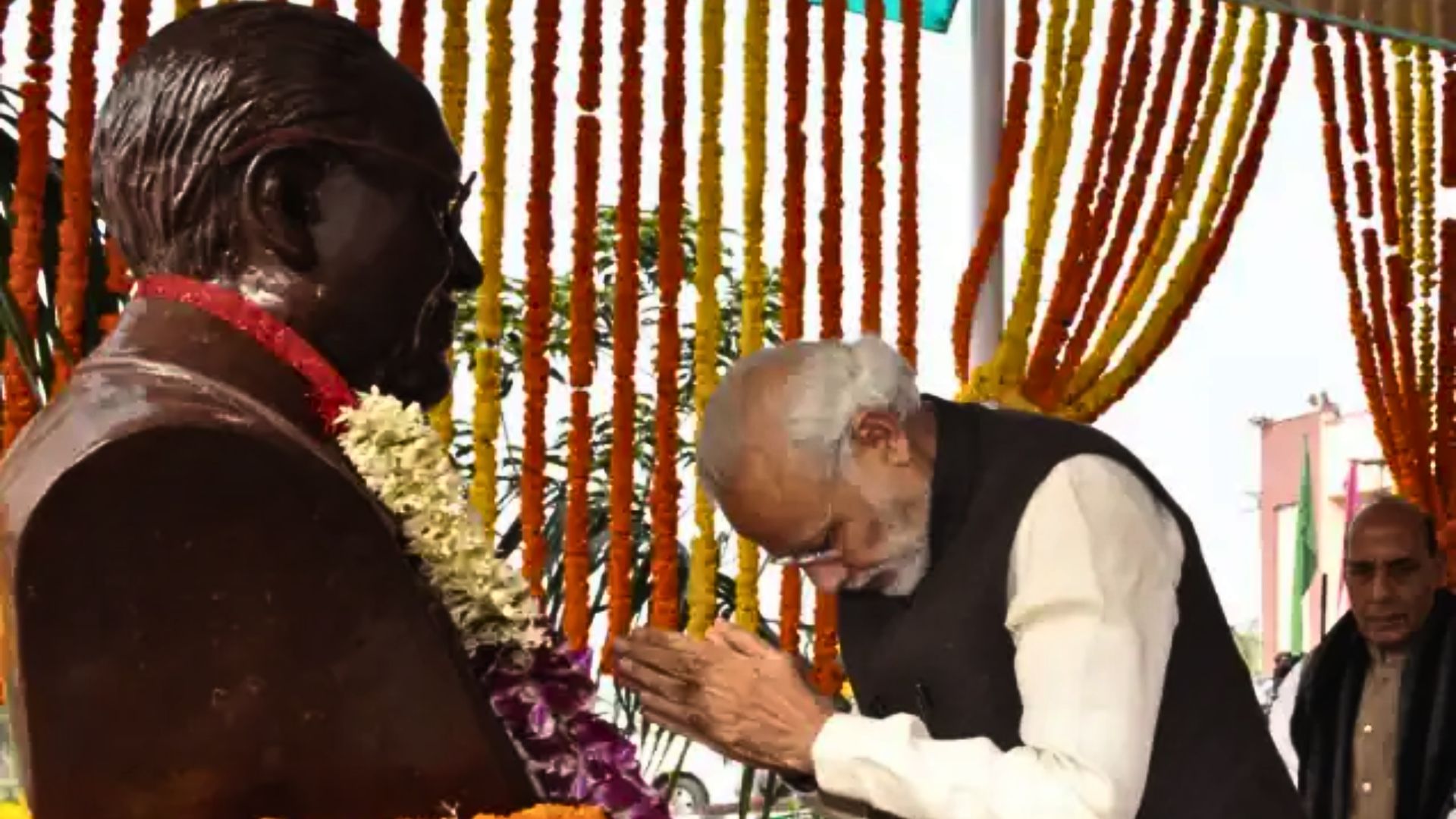The BJP has pledged to implement the Uniform Civil Code (UCC) in its manifesto for the upcoming Lok Sabha elections.
The party released its “Sankalp Patra” at its headquarters in New Delhi in the presence of Prime Minister Narendra Modi, Home Minister Amit Shah, and Defence Minister Rajnath Singh.
The party said that until a common legal code is implemented, women will not get equal rights.
“Article 44 of the Constitution lists Uniform Civil Code as one of the Directive Principles of State Policy. BJP believes that there cannot be gender equality till such time Bharat adopts a Uniform Civil Code, which protects the rights of all women, and the BJP reiterates its stand to draw a Uniform Civil Code, drawing upon the best traditions and harmonising them with the modern times,” the BJP said in its manifesto.
The Uniform Civil Code (UCC) is contemplated as a common set of laws for citizens governing personal matters such as marriage, divorce, inheritance and adoption, irrespective of religion, sex, gender or caste. If introduced, acts such as the Hindu Marriage Act, the Hindu Succession Act, the Christian Marriage Act, the Parsi Marriage and Divorce Act, and other such codified laws will be repealed.
UCC has been a long-standing poll promise of BJP, right from its Jana Sangh days, and has featured in the party’s manifesto time and again.
The party first raised the pitch for UCC after the Shah Bano case of 1985, in which the Supreme Court ruled that the Muslim woman, who was abandoned by her husband, was entitled to receive alimony under Section 125 of the Code of Criminal Procedure, irrespective of personal laws.
During News18’s “Rising Bharat Summit” in March, Union home minister Amit Shah reiterated the BJP’s promise to bring UCC across the country, saying there should be a common legal code for everyone in India.
Notably, Uttarakhand became the first state in India to implement UCC earlier this year.
The proposals of a nationwide UCC include monogamy, equal inheritance rights for sons and daughters, and gender and religion-neutral laws pertaining to wills, charitable activities, religious practices, guardianship and custody arrangements.







